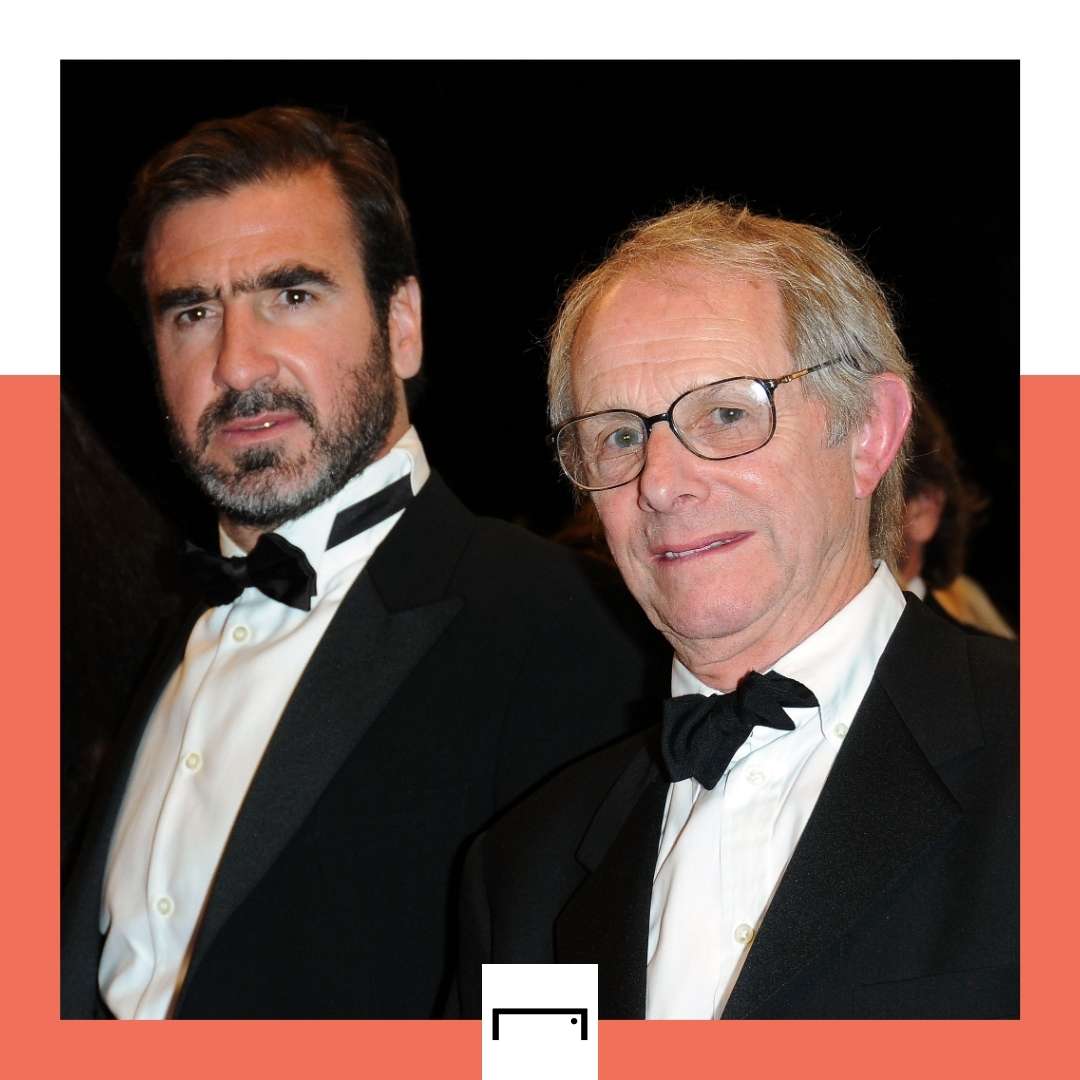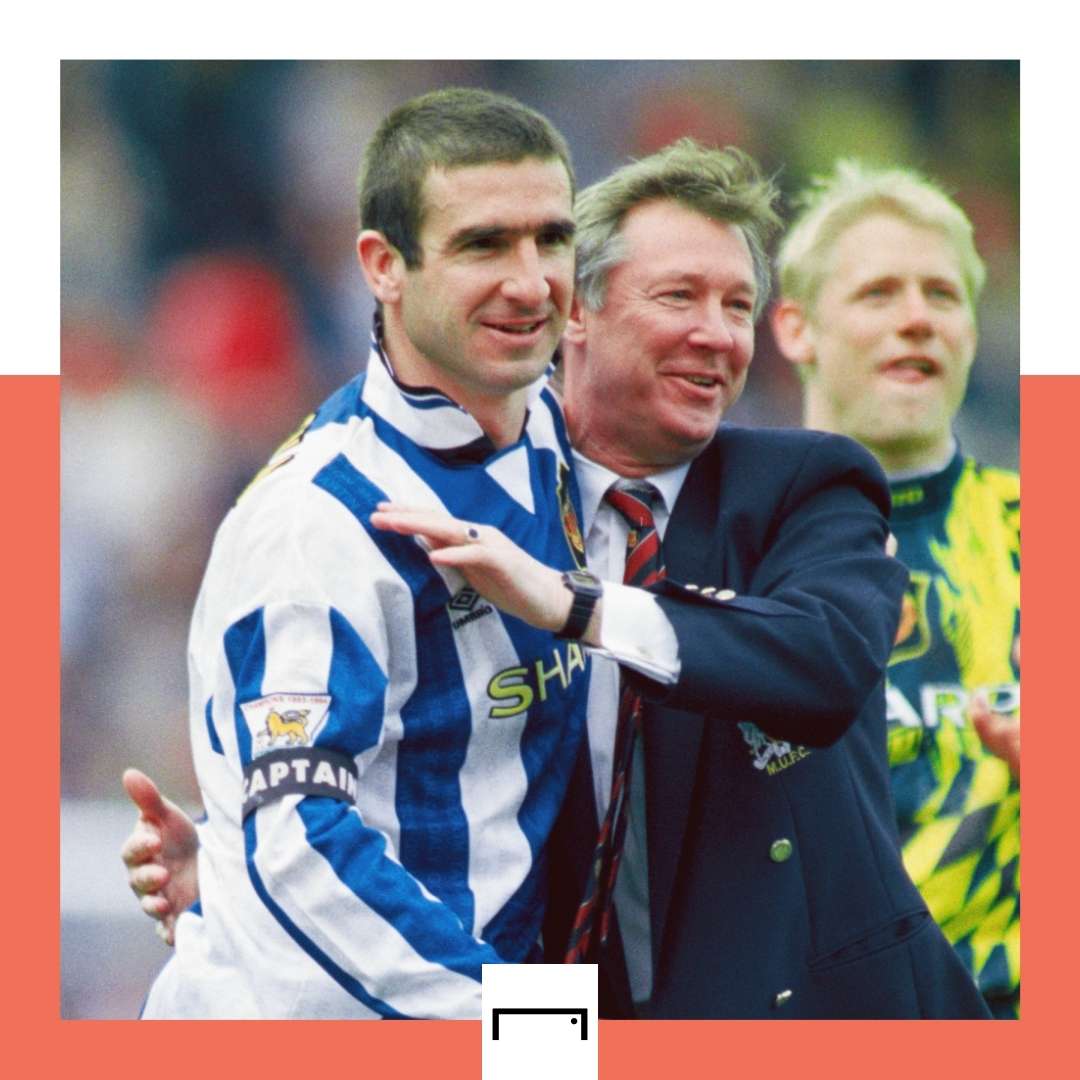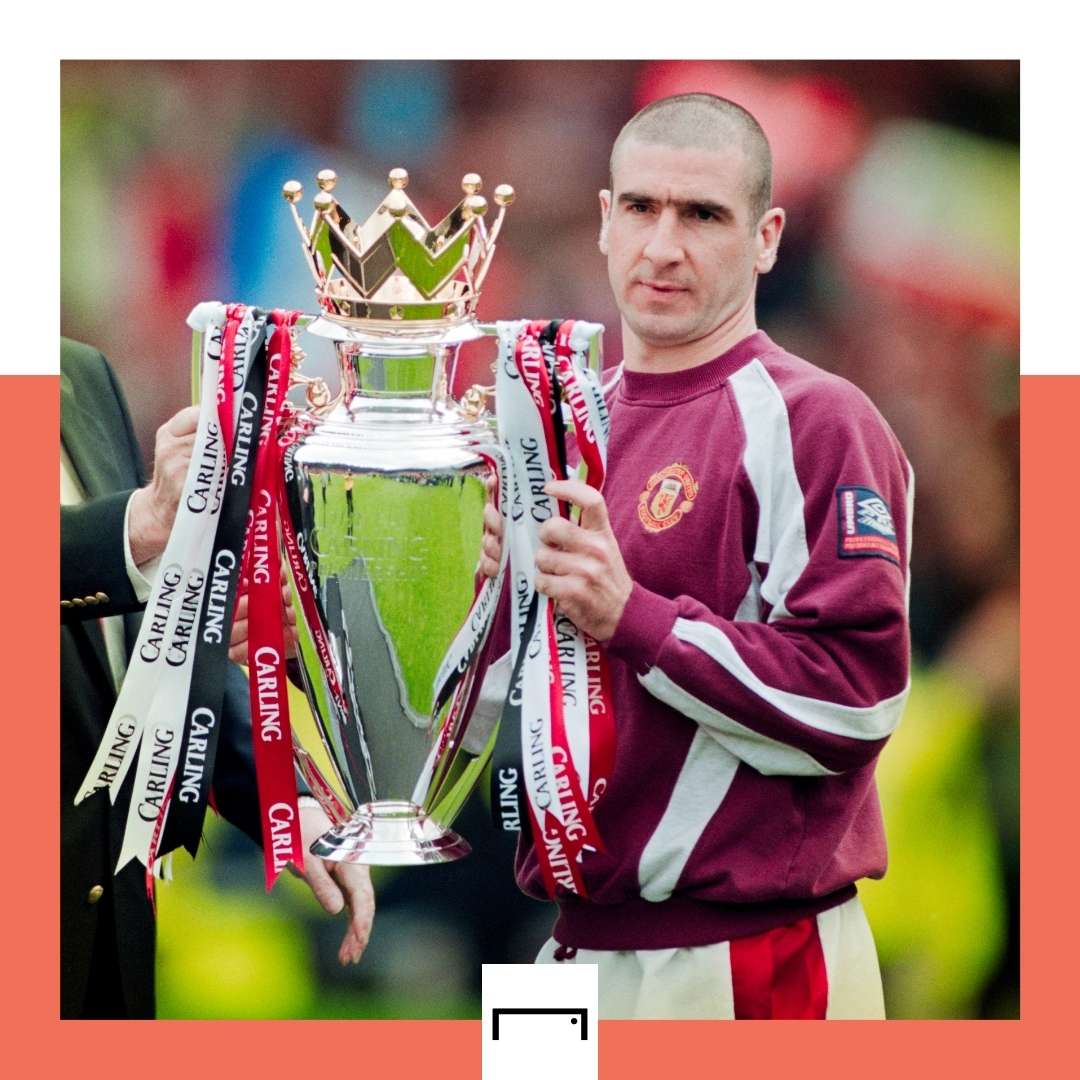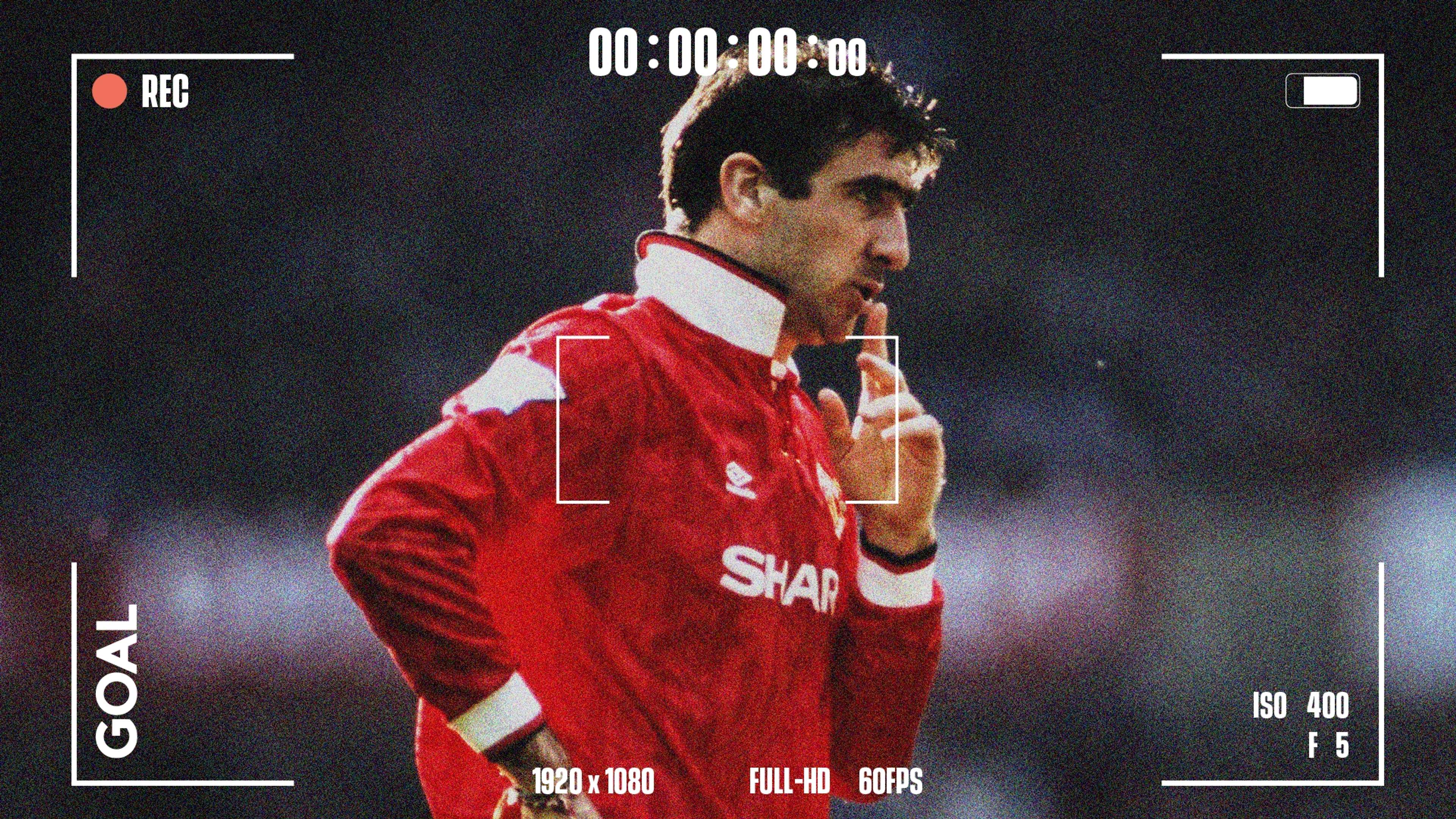Looking For Eric, a film directed by arguably Britain's greatest-ever director, Ken Loach, and starring one of Manchester United’s most-beloved legends, Eric Cantona, was released in 2009.
Thirteen years after its release, it now represents a crucial moment in the club’s history; post-Glazer and pre-decline.
The film was made in 2008, three years after Malcolm Glazer's leveraged buyout.
The purchase of the club, which left it saddled with over £700 million ($1bn) worth of debt, sparked protests and a breakaway non-league club, FC United.
The movie captured fan anger in the last throes of the club's glory days. There are scenes in which FC United supporters argue with their Manchester United counterparts, who are not willing to make the switch, about the future of their beloved side.
Next Match
Loach, famed for directing Kes, The Wind That Shakes the Barley and I, Daniel Blake, ventured into the world of football for the first time after being approached by Cantona to make a movie.
At the Cannes Film Festival, where Loach took home a joint-record two Palmes d'Or, a plan was devised by the pair to make a film about mental health, the working class and football.
Cantona plays a caricatured version of himself, acting as a guru for Eric Bishop, whose life is falling apart around him.
 Getty Images
Getty ImagesThis happens against the backdrop of United’s Champions League successes, with one scene taking place during the 2008 semi-final win over Barcelona. It remains the last time that United won the European Cup.
Sir Alex Ferguson was able to keep success going several years after the Glazer takeover, despite financial constraints, before eventually departing in 2013.
And Ferguson himself offered a seal of approval at a top-secret screening of the movie ahead of its release.
"They wanted Sir Alex’s approval or reaction to the film, we watched the film right behind him," Justin Moorhouse, who played Spleen in Looking For Eric, tells GOAL.
"He turned around and said, ‘I didn’t know you boys were here, this is a f*cking great film, f*cking great. You boys want a drink?’ We were there with the club doctors and coaches."
Even in an era where footballers were closer to the supporters, the enigmatic Cantona managed to stand out. With his shoulders straight and his maverick personality, he provided escapism to millions.
"He was like a movie star as a player, he used to peacock when he scored. He was like an emperor," Andy Wilkinson, who played his comedy alias Smug Roberts in the film, tells GOAL.
More impressive, perhaps, was his ability to foster a genuine long-lasting legacy with supporters. An anti-establishment figure, Cantona stood for a lot of the same values as the club's loyal and hardcore support.
He carried that same impressive aura on set when the camera was and wasn't rolling.
 Getty Images
Getty Images"Very few of us knew Cantona was involved in the movie until we saw him, that was Loach's way of working," Moorhouse adds.
"Even to the point where Cantona first enters the film meeting Steve Evets, the main actor, for the first time. His reaction is one of genuine shock.
"For some reason, I just remember that he smelled and looked great. He'd eat with all of us because there's no hierarchy in Loach's films.
"I remember when I first met him and we were having a cup of tea, he said to me, 'Do you want a Jammie Dodger?' in that thick French accent.
“I was like, ‘Okay anything you say, Eric!'”
"He spent time meeting all the extras and support actors, signing everything with most of them being Man United fans,” adds Wilkinson, before relaying his unorthodox introduction to the main star.
"There was a bloke on the bed asleep and I yelled at the bloke, behaving like a d*ckhead to wake him up. It just turned out that bloke was Eric and he nearly sh*t himself or punched me… one or the other!
"He thought he was under attack so that’s how I met Eric Cantona but he was a genuinely nice guy. He was so impressive, even as a Man City supporter myself."
 Getty Images
Getty ImagesLoach, a keen football supporter, captured the game’s ability to bring people together, while also capturing the changing sentiment around the sport; that things were moving towards a new, commercialised era.
"I don’t know if it was done by design, but it has now captured a crossroads moment for the club," says Moorhouse, an acclaimed stand-up comedian, and Manchester United season ticket holder, who also has links to FC United.
"The character I play says, ‘I didn’t leave the football club, the club left me’. The lads who left to start FC United left because they wanted to go to a match and support some boys in red and cheer them on while feeling connected to it.
"I was at the first FC United game and announced the team. I came away with my son and he said, ‘Ah, it’s not Man United is it?’ He was right, it wasn’t.
"I think the film is also a remark on football and how it has changed, and how it changed over 15 years.
"When Eric Cantona joined Man United, it was still called the Premier League, but in those scenes of the first Premier League title win for Man United, they were standing on the terraces and falling over each other.
"It was chaos. You were seen as a fan rather than a customer. Football is now in danger of consuming itself, by maximising as much as they can from their investment, even the so-called benevolent dictators at the oil-rich clubs.
"In the lower leagues, you can experience that sort of feeling, but now it is sanitised a bit. I don't think that United has a God-given right to win, but there's a lot of small changes that could be made to improve it for fans."
And for supporters of Manchester United, the movie now carries extra meaning. It captures a snapshot in time, when United were still winning the biggest trophies, but after the wheels of decline had been set in motion.


